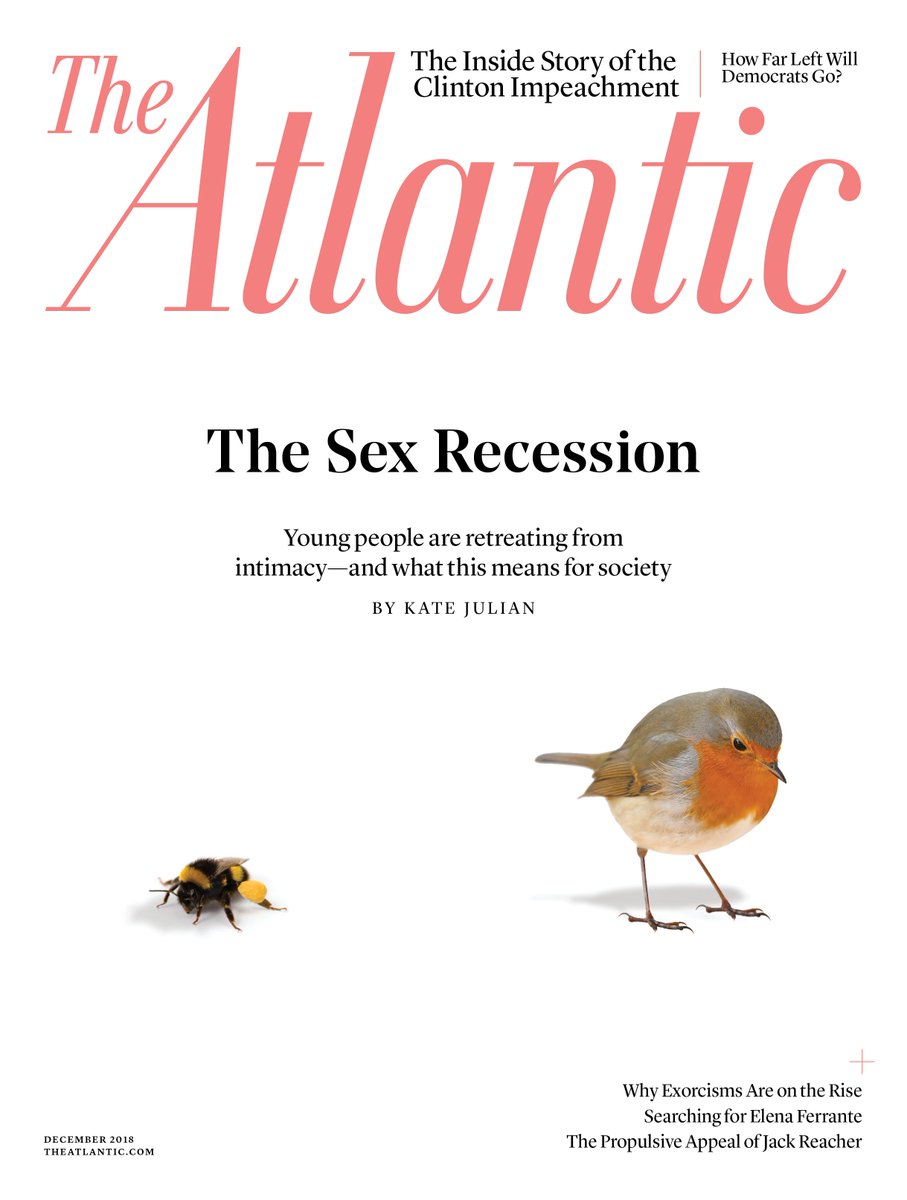Paraphrasing @tusharbohra on @IIC_Conference today ::
"If 10 commodity companies are doing capex at the same time, it signals a peak. If 10 companies in Chemicals/API/Pharma are doing capex in different products at the same time - it probably signals the start of a New Era" 🇮🇳🇮🇳
More from Conviction | Patience
Those who exited at 1500 needed money. They can always come back near 969. Those who exited at 230 also needed money. They can come back near 95.
Those who sold L @ 660 can always come back at 360. Those who sold S last week can be back @ 301
Sir, Log yahan.. 13 days patience nhi rakh sakte aur aap 2013 ki baat kar rahe ho. Even Aap Ready made portfolio banakar bhi de do to bhi wo 1 month me hi EXIT kar denge \U0001f602
— BhavinKhengarSuratGujarat (@IntradayWithBRK) September 19, 2021
Neuland 2700 se 1500 & Sequent 330 to 230 kya huwa.. 99% retailers/investors twitter par charcha n EXIT\U0001f602
2. Put your neck on the line (invest your hard earned capital - experience comes by paying tuition fee)
3. Read non-investing books as well (Psychology, history, biographies or whatever non-fiction you like)
4. Read this :
https://t.co/6z3HvtKakL
How to augment your Sector knowledge? Follow these 5 points \U0001f447
— Conviction | Patience (@unseenvalue) May 18, 2019
1. The Five Rules For Successful Stock Investing by Pat Dorsey
2. Con Calls - as many as you can in that sector
3. Annual Reports - as many as you can in that sector
4. Interact with trade/channel partners
5. AGMs pic.twitter.com/2ZOx3nkC4i
More from Uvlearnings
Technology is enabling new ways of credibly accessing medical knowledge via smart phones / tablets.
— Conviction | Patience (@unseenvalue) November 8, 2018
Android, iOS have > 5k health / fitness apps like @Medscape, pointing to a future where the Tech. drives a part of medical knowledge and therapeutic guidance instead of a Doctor!
You May Also Like
I might have a panic attack due to excitement!!
Read this thread to the end...I just had an epiphany and my mind is blown. Actually, more than blown. More like OBLITERATED! This is the thing! This is the thing that will blow the entire thing out of the water!
Tik Tok pic.twitter.com/8X3oMxvncP
— Scotty Mar10 (@Allenma15086871) December 29, 2020
Has this man been concealing his true identity?
Is this man a supposed 'dead' Seal Team Six soldier?
Witness protection to be kept safe until the right moment when all will be revealed?!
Who ELSE is alive that may have faked their death/gone into witness protection?

Were "golden tickets" inside the envelopes??

Are these "golden tickets" going to lead to their ultimate undoing?
Review crumbs on the board re: 'gold'.

#SEALTeam6 Trump re-tweeted this.

















